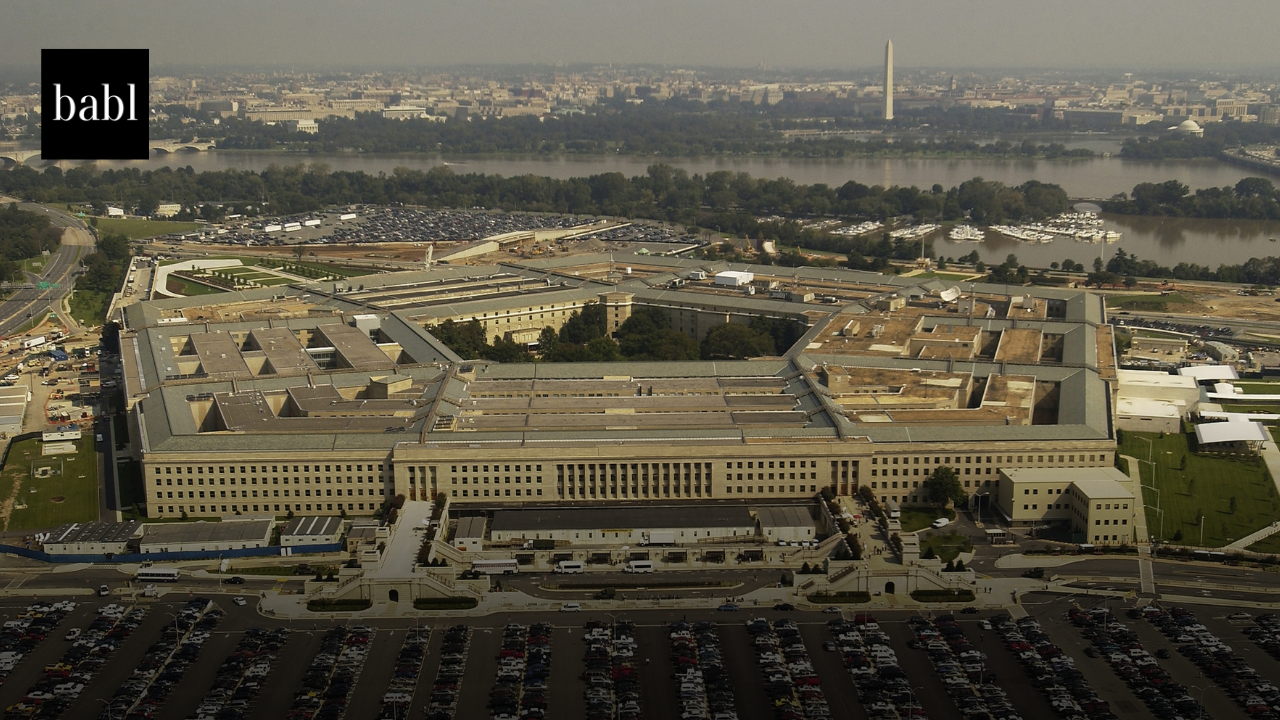UPDATE – FEBRUARY 2026:
Massachusetts SD2932 remains under review in the Joint Committee on Election Laws. The bill would prohibit the distribution of deceptive AI-generated deepfakes in political campaigns within 90 days of an election. That is, unless clearly disclosed as synthetic media. The bill saw a new draft recommended on January 29, 2026, substituting it as S.2716. It remains introduced in the 194th General Court (2025-2026 session) without further advancement noted as of early February 2026.
ORIGINAL NEWS STORY:
Massachusetts Considers Law on Synthetic Media’s Impact on Elections
A growing list of states continue to examine deceptive and fraudulent deepfakes in elections. In Massachusetts, Senate Docket 2923 (SD2932) contains a proposed bill that would amend Chapter 56 of the General Laws. It adds a new Section 39A on Synthetic Media in Election Communications.
The bill defines key terms including “candidate”, “political committee”, “person”, “political party”, “synthetic media”, and “deceptive or fraudulent deepfake.” It prohibits individuals from distributing deepfakes depicting candidates or political parties within 90 days of an election in which they appear on the ballot, unless a disclosure statement is included indicating it is synthetic media. Requirements are outlined for how the disclosure must be conveyed based on whether it is an image, video, or audio recording.
The bill allows candidates depicted falsely to file civil lawsuits for damages up to $10,000 per incident, injunctive or declaratory relief, or other remedies the court deems proper. Attorneys fees and costs may be awarded to the prevailing party. Exemptions from the prohibition are provided for broadcasters airing deepfakes as part of bona fide news programs with a verbal or text disclosure if the broadcaster was paid to air it but made a good faith effort to confirm it was not deceptive, for news websites/publications that provide a prominent disclaimer that the media does not accurately represent the candidate, and for satire/parody.
This bill was introduced before Governor Maura Healey signed an Executive Order establishing an AI Strategic Task Force in the state. That means the task force could make changes to AI election regulations in the state before SD2932 is passed. Currently, SD2932 is awaiting a hearing on the Election Laws committee.
Need Help?
With every day comes a new AI regulation or bill, and you might wonder how it will impact you. Don’t hesitate to reach out to BABL AI. Hence, their Audit Experts are ready to provide valuable assistance.





